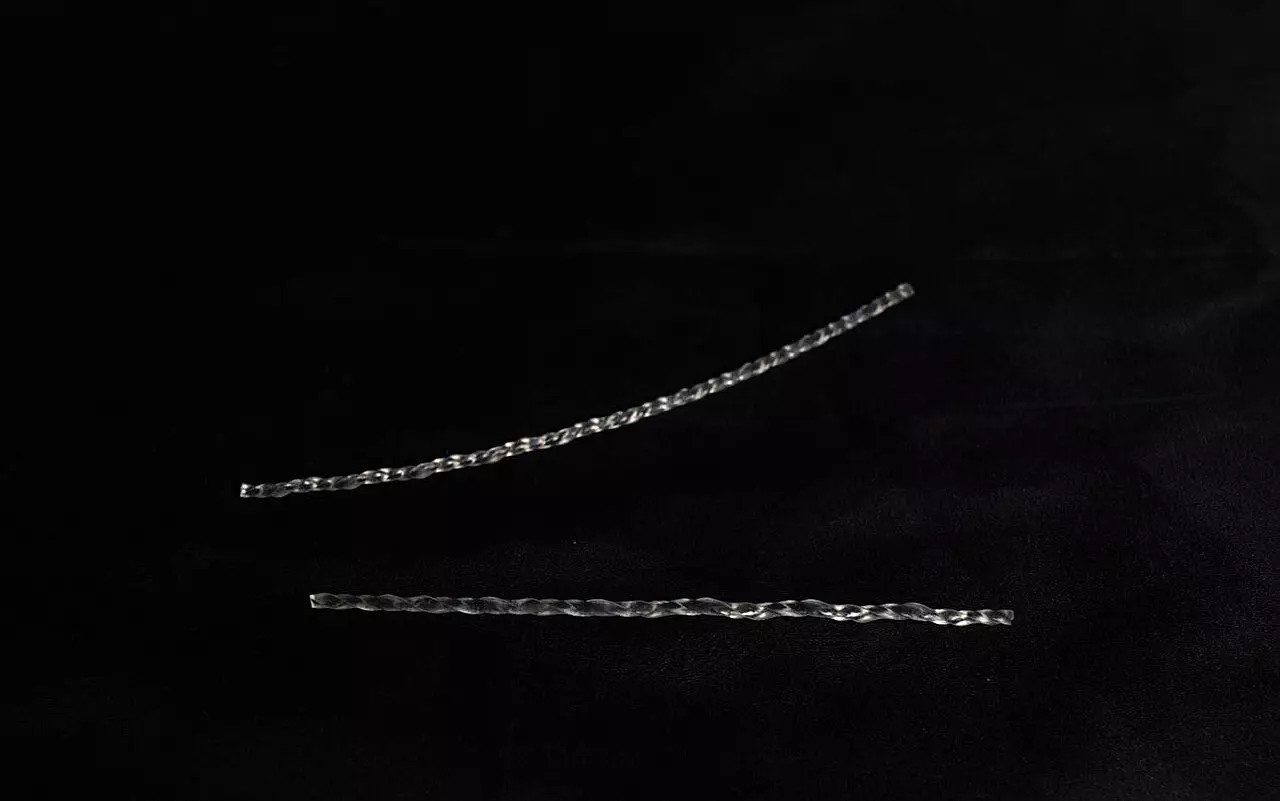In recent years, researchers have made significant progress in the field of soft robotics, creating robots that can navigate through mazes without human or computer direction. Now, a new study published in the journal Science Advances presents a “brainless” soft robot that can navigate even more complex and dynamic environments. This innovative soft robot is capable of turning on its own, utilizing physical intelligence rather than relying on external guidance. The implications of this research could revolutionize the field of soft robotics and open up new possibilities for practical applications.
The Concept of Physical Intelligence
The term “physical intelligence” refers to the behavior of objects such as soft robots, which is governed by their structural design and the materials they are made of. Unlike traditional robots that require computer programming or human intervention to navigate their surroundings, these soft robots rely on their inherent design to make decisions and respond to stimuli. In the case of the brainless soft robot, its structure and material properties allow it to turn and navigate without the need for external guidance.
The Design of the Brainless Soft Robot
The brainless soft robot is constructed using ribbon-like liquid crystal elastomers, similar to the previous version. However, the new robot features an asymmetrical design. One half of the robot resembles a twisted ribbon extending in a straight line, while the other half is tightly twisted and spirals like a staircase. This asymmetry results in one end of the robot exerting more force on the ground than the other, enabling it to turn without making direct contact with obstacles.
The asymmetrical design of the brainless soft robot offers several advantages. Firstly, it allows the robot to avoid getting stuck between parallel obstacles. Previous versions of the robot encountered difficulties in turning unless they encountered an obstacle, leading to a bouncing back and forth motion. However, the new robot’s ability to move in arcs enables it to wiggle its way free from potential traps. Additionally, the asymmetrical shape of the robot enables it to navigate through tighter spaces and traverse mazes with moving walls.
To demonstrate the capabilities of the brainless soft robot, the researchers conducted a series of tests. They evaluated its performance in navigating complex mazes, including mazes with moving walls. The robot exhibited the ability to fit through spaces narrower than its body size, showcasing its adaptability to challenging environments. The tests were carried out on both a metal surface and in sand, proving the versatility of the robot in different settings.
Implications and Future Applications
The development of the brainless soft robot represents a significant advancement in the field of soft robotics. The use of physical intelligence opens up new possibilities for designing robots capable of harnessing heat energy from their environment. This has implications for various applications, including exploration in extreme environments, biomedical applications, and search and rescue missions. The ability of the robot to navigate complex environments autonomously without the need for external guidance or computational power is a game-changer.
The creation of a brainless soft robot that can navigate complex environments represents a leap forward in the field of soft robotics. By utilizing physical intelligence, this robot has demonstrated remarkable capabilities in turning, navigating mazes, and overcoming obstacles. The asymmetrical design of the robot enables it to avoid becoming trapped and allows for enhanced maneuverability in tight spaces. The future potential for practical applications of brainless soft robots is vast, with implications ranging from exploration to healthcare. As researchers continue to innovate, the field of soft robotics will undoubtedly continue to evolve and offer even more exciting possibilities.


Leave a Reply